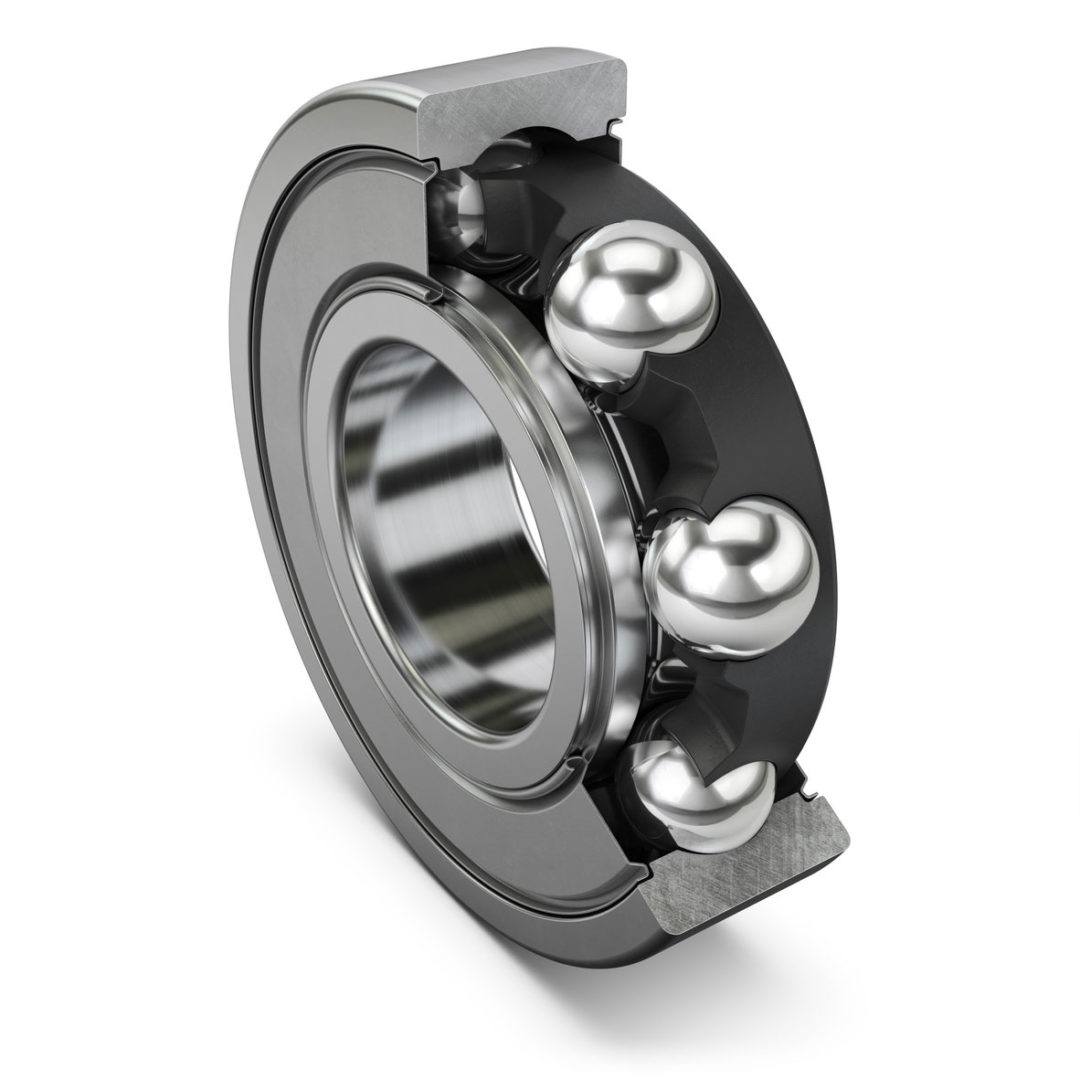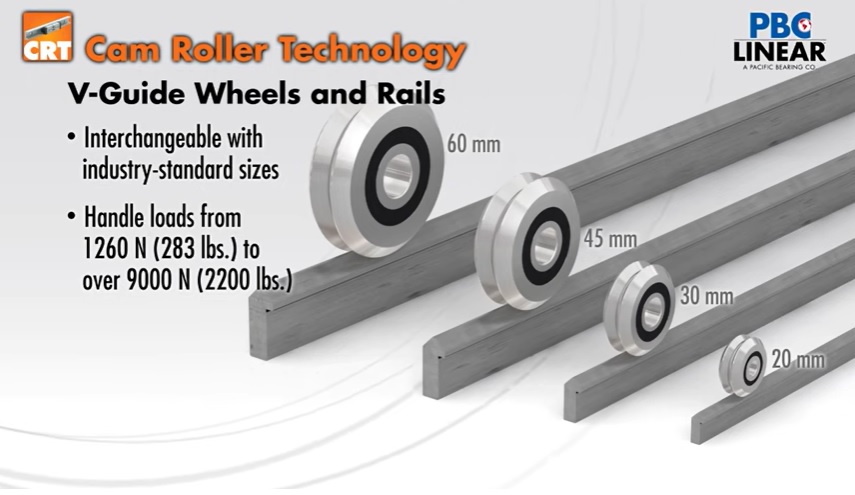Next-generation technology—everything from the electrification of vehicles to e-motors, bearings, mechatronics, and thermal management—was discussed during the Schaeffler Symposium 2022 in Detroit. I sat down with Jitesh Modi, director of engineering, during the event to discuss the “reinvention” of bearings for EV applications.
Schaeffler has a rich history with bearings, according to Modi. So much so that as transmission and e-mobility technology advances, the company evolves simultaneously. Today, development in battery electric vehicle (BEV) powertrains is focusing on increasing vehicle range and decreasing charging times.
“The system expertise we provide at Schaeffler goes hand-in-hand with this evolution,” Modi said. “We can solve bearing-related issues, improve performance and make design modifications, but the holistic approach is what’s really needed in electrification to provide the most value and expertise and help our customers achieve more with less.”
As the EV market grows, Schaeffler engineers utilize every analytical tool in their toolbox to provide maximum performance and optimize these EV systems. In addition, Schaeffler has developed an innovative bearing portfolio to meet the key requirements of electrified vehicles.
A new innovative cylindrical roller bearing, for example, combines advantages of high-speed features of motor bearings with optimized load capacity of conventional roller bearings at competitive costs while an innovative Angular roller unit offers an improved power density compared to ball bearings and reduce friction compared to tapered roller bearings.
Another innovation is ball bearings with centrifugal disks that limit oil thus reducing splash losses for improved efficiency and extra protection against contamination.
Trifinity is Schaeffler’s latest innovation in wheel bearing series. With unique design of 3-rows of rolling elements, Trifinity offers main advantages of better life, higher efficiency, and improved rigidity. Its face spline connection provides higher torque capability and lash-free operation with better NVH and potential downsizing benefit.
“Reduced mass and lower friction result in greater BEV ranges,” Modi added.
Modi described vehicle range anxiety as one of the greatest challenges in the BEV market today. “Given the battery costs, everybody is panicking trying to figure out how to improve the range and the bearings can contribute to this.”
Schaeffler is also developing a high-speed motor bearing with an integrated shunt element for conducting EDM currents. The inner ring of the bearing has a coated sleeve, which the shunt element contacts. Integration of the shunt function into the rotor bearing helps conduct EDM currents and prevent potential electrically induced damage in rotor bearing. In the design of the sliding electrical contact, a balance must be struck between increased friction and wear on one hand and reliable conduction under all operating conditions on the other hand.
Another important issue in EV applications is the bearing cage. “If anything fails first in high-speed motor bearings, it’s typically the cage. This is where higher speeds, higher acceleration, and deceleration of the motor, etc., create stress on the bearing cage from centrifugal forces. I mentioned in my presentation that the standard bearing cages are not adequate to handle the speeds and dynamics in EV applications,” Modi said.
System analysis, predictive maintenance, software, and simulation tools will play a significant role in the industry’s path toward e-mobility. Modi said what we learn in automotive and e-mobility can also be applied to machine tools, aerospace, and other industrial applications and vice versa.
“Bearings are bearings. The key part is their application. What we’re learning based on the failure modes in automotive, everything we know about low viscosity lubrication, electric currents, power density, NVH, etc., whatever challenges exist and whatever solutions we’re developing will be utilized now and, in the future,” Modi said. “Schaeffler doesn’t have to keep reinventing the wheel and learning the same lessons over and over again.”
New and transformative bearing technology will play a key role in making powertrains more efficient. Vehicle developers are paying close attention to every bearing location as they seek to optimize friction performance and enhance utility for EV and BEV customers. "Schaeffler will, no doubt, continue to provide the best bearings as we move forward toward our electric future," Modi said.







